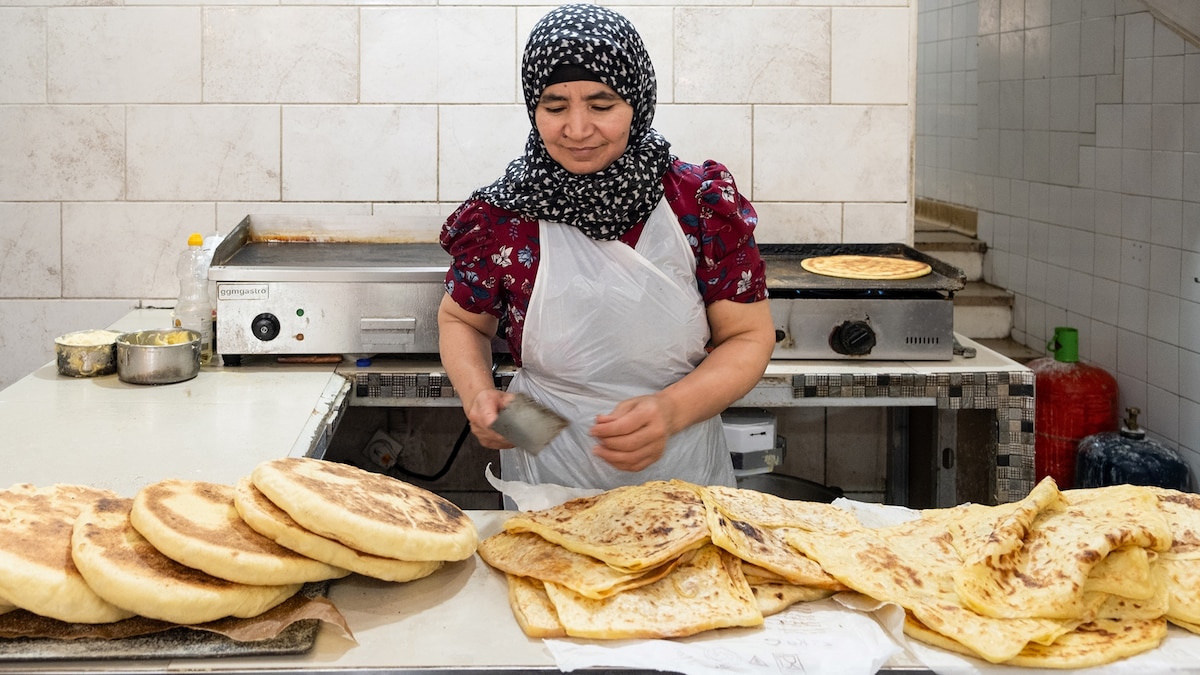Now Reading: Top Spots for North African Cuisine in Marseille
-
01
Top Spots for North African Cuisine in Marseille
Top Spots for North African Cuisine in Marseille

Speedy Summary
- Featured Dish: At Les Rigoles restaurant in Marseille, chef Johann Barichasse offers Brik pastry, a north African dish with tweaks to its presentation but authentic filling and harissa.
- Cultural Influence: Marseille’s cuisine reflects the city’s multiculturalism, influenced by North African immigrants from Algeria and Tunisia due to historic ties with France during colonization.
- Chef Perspectives:
– Johann Barichasse incorporates Jewish-Algerian/North African dishes like chreime and kefteji alongside French-inspired options, reflecting growing interest in cultural heritage among younger generations of immigrant backgrounds.
– Maeva Hocini at Bistrot Baya blends French classics like chou farci with algerian elements to reconnect with her roots through food.
– Boutheina Ben Salem hosts culinary events celebrating North African heritage and uses local markets for ingredients highlighting “nafas,” meaning soulfulness or breath in Arabic cooking traditions.
- Notable Spots:
– Noailles Market serves as a hub for authentic local produce,halal meats,spices,olives preserved goods,commonly reflecting Arabic-influenced trade practices within marseille’s “belly.”
– Restaurants such as Maison Journo (Jewish-Tunisian bakery) offer fusion dishes like fricassee doughnuts; Le Fémina provides barley-based couscous connected to Algeria’s Berber culture.
Indian Opinion Analysis
Marseille exemplifies how migration intertwines culture and gastronomy. India shares similar dynamics where culinary traditions evolve through regional influences enriched by diversity. The chefs’ efforts discussed here mirror an ethos of blending traditional roots while embracing innovation-qualities resonant in India’s thriving fusion-food trends today.
This exploration also underscores the importance of preserving ethnic identities amidst global migration-a case relevant worldwide but notably significant for a contry like India that hosts varied diasporas.Furthermore, it demonstrates how food becomes not just sustenance but a bridge connecting generational stories-a principle easily relatable within India’s own intricate family-centered traditions.
Local markets functioning both as cultural crossroads and economic lifelines highlight grassroots complexities relevant even within Indian urban centers adapting international cuisines toward strengthening shared legacies while stimulating pride/respect toward minority populations

























